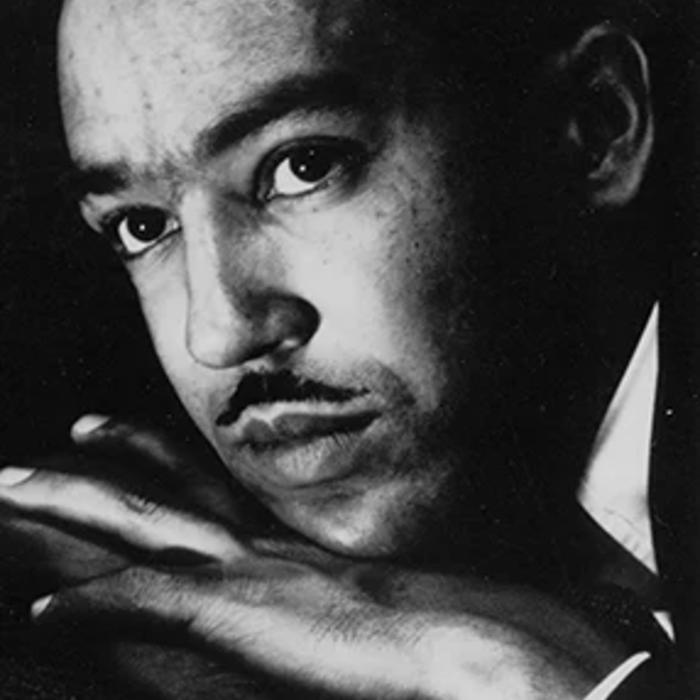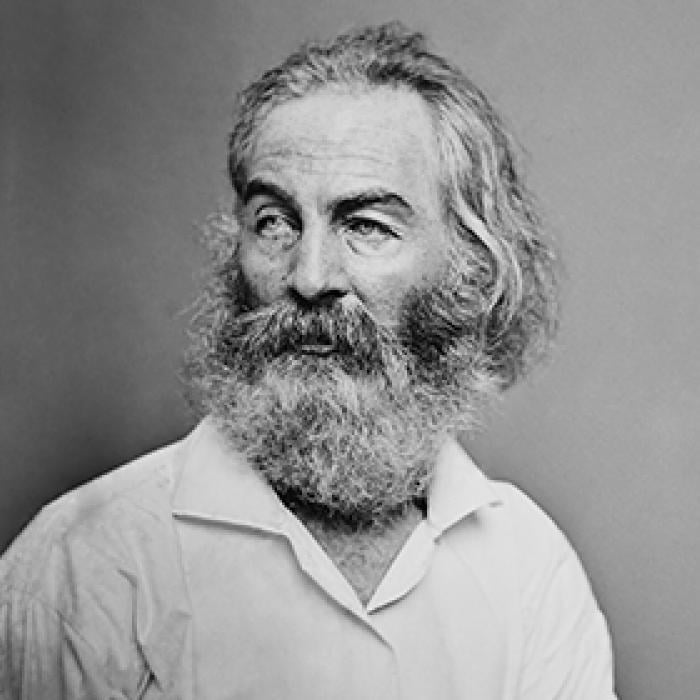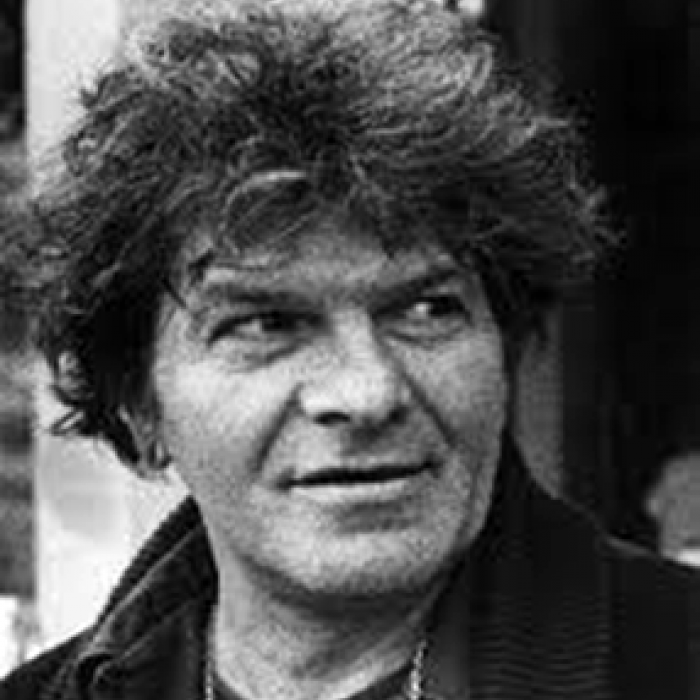State Poet Laureate
In 1985, New York established a state poet laureate position, which is currently held by Kimiko Hahn, who was appointed to a two-year term in 2025.
City and County Poets Laureate
Albany
In 2016, Rebecca Black was appointed the poet laureate of Albany, New York.
Brooklyn
In 2010, Tina Chang became the poet laureate of Brooklyn, New York.
Bronx
Kay Poema is the poet laureate of the Bronx through 2025.
Buffalo
In 2021, Jillian Hanesworth was named the first poet laureate of Buffalo.
Rochester
In 2024, Aitina Fareed-Cooke was appointed poet laureate of Rochester.
Saratoga Springs
In 2022, Joseph Bruchac was appointed the first poet laureate of Saratoga Springs.
Schenectady
In 2025, Adonis Richards was appointed the inaugural poet laureate.
Queens
Maria Lisella is the outgoing poet laureate of Queens, New York.
Westchester County
Phylisha “Phylli” Villanueva is Westchester County's poet laureate.
Yonkers
In 2022, Golda Solomon was named the first poet laureate of Yonkers.



